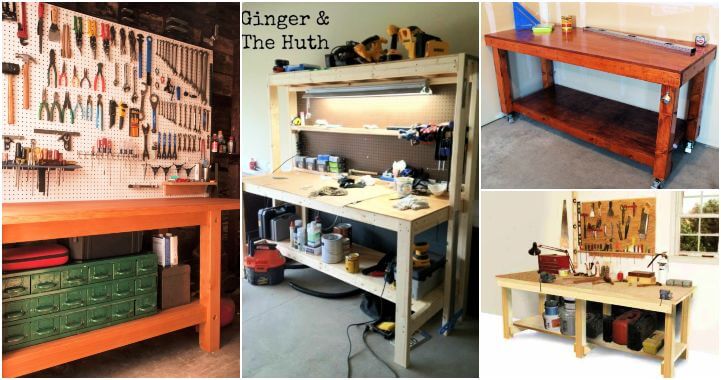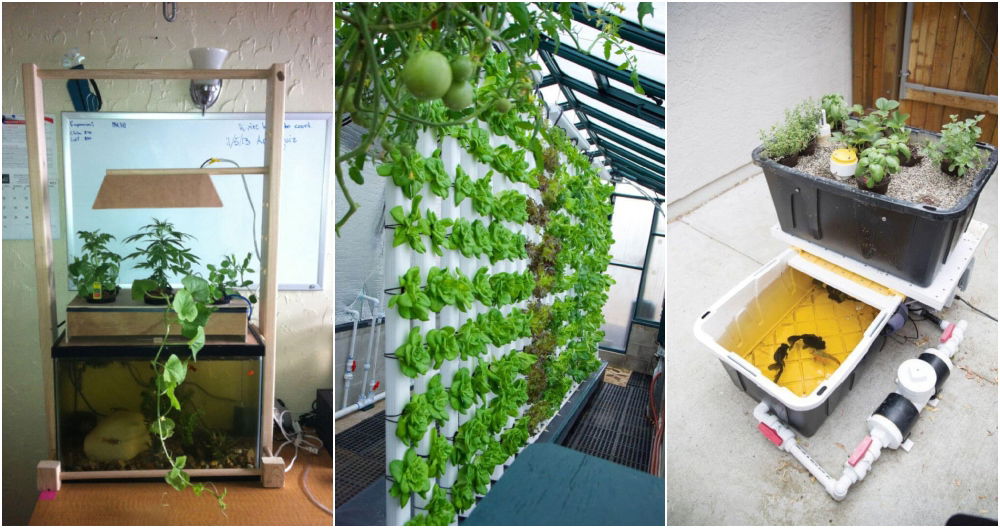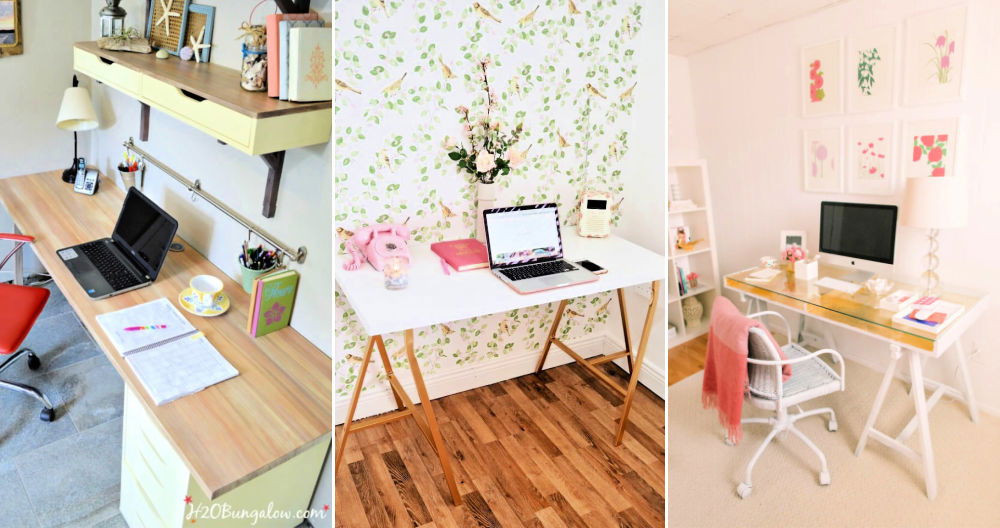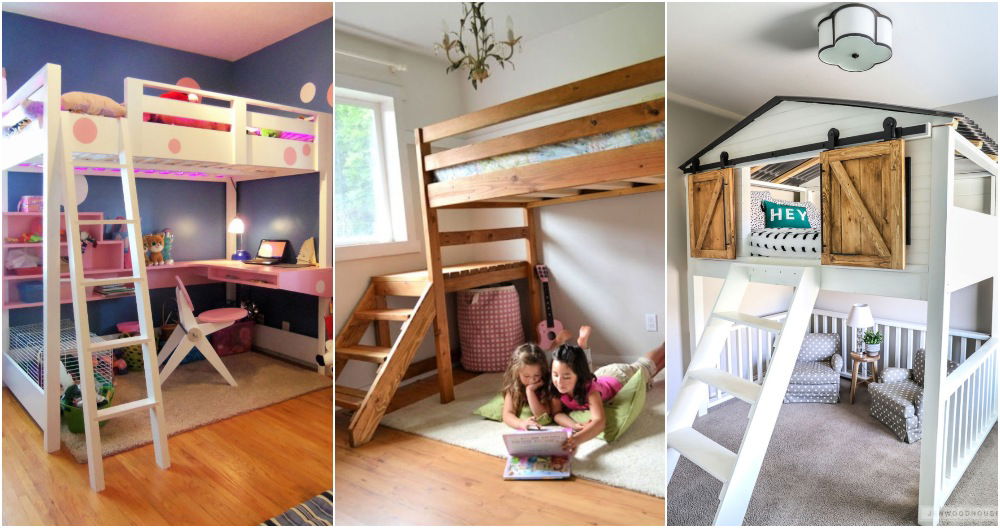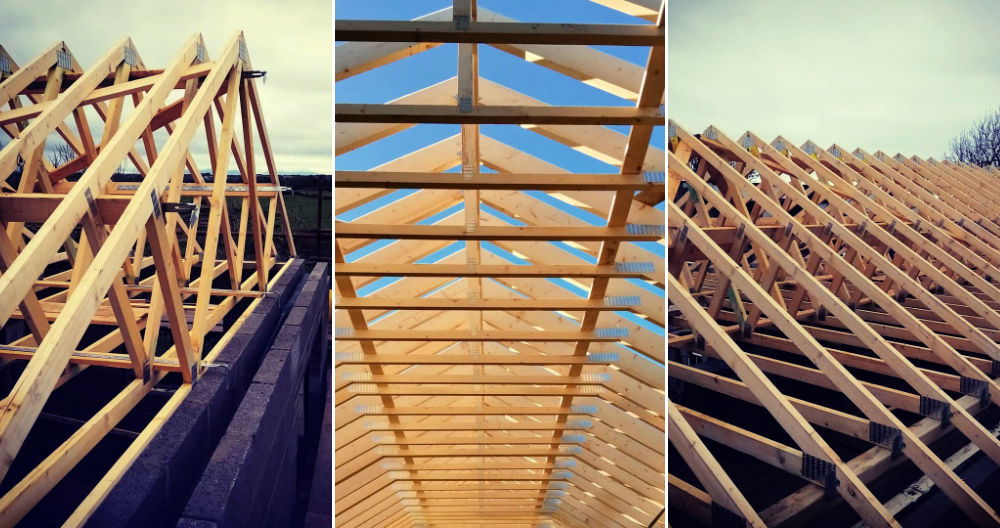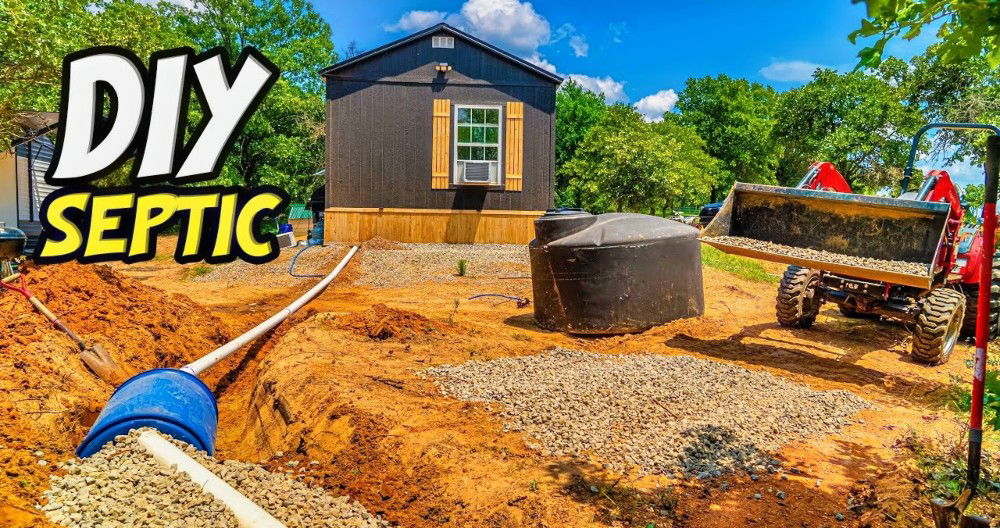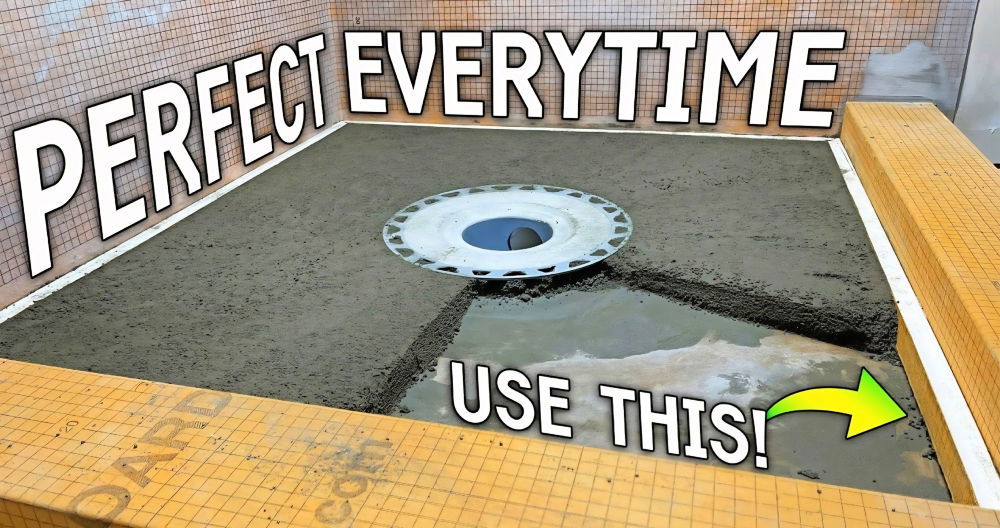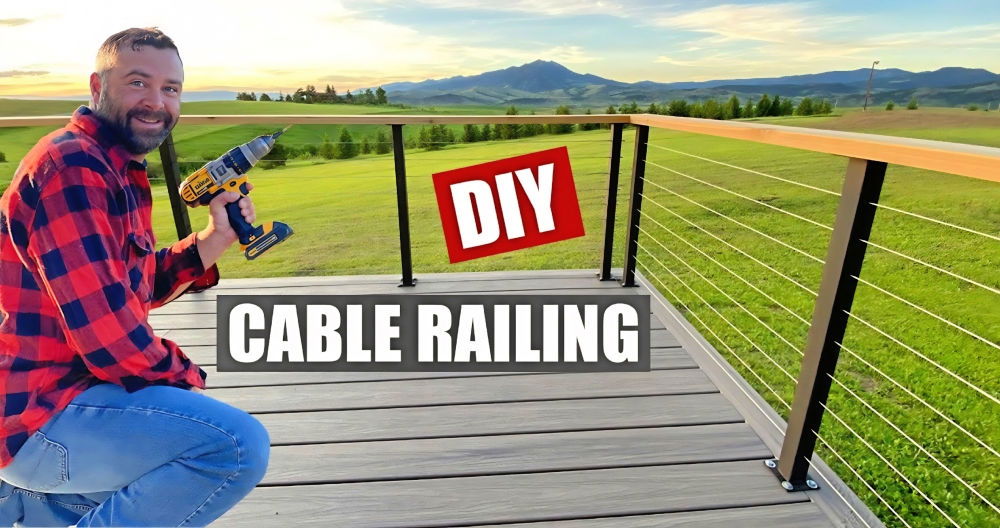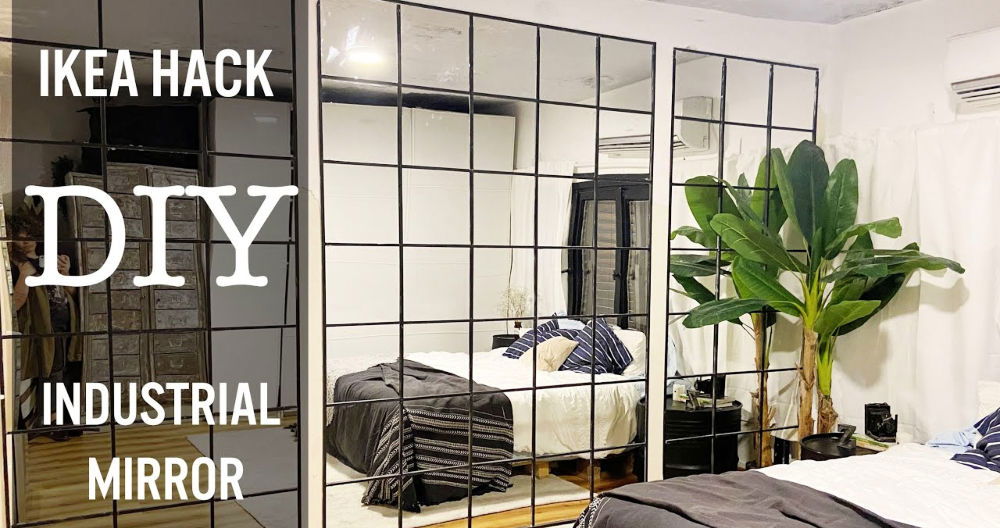Are you looking to make your home more energy efficient? There are a few simple changes you can make that will lower your annual bills and save you money in the long run.
Enhancing the energy efficiency of your home can also boost its value. A Freddie Mac study indicates that homes with energy efficient features tend to sell for 3%-5% more than other properties, on average. Additionally, the Canadian government has recently unveiled the Canada’s Greener Homes Grant, which offers homeowners up to $5,000 for energy efficient upgrades.
The most advantageous and economical improvement you can make is to replace your outdated windows with new, energy-efficient ones. Winnipeg window replacement may be a wonderful method to lower your home's energy usage and provide you other advantages like increased security and noise reduction.
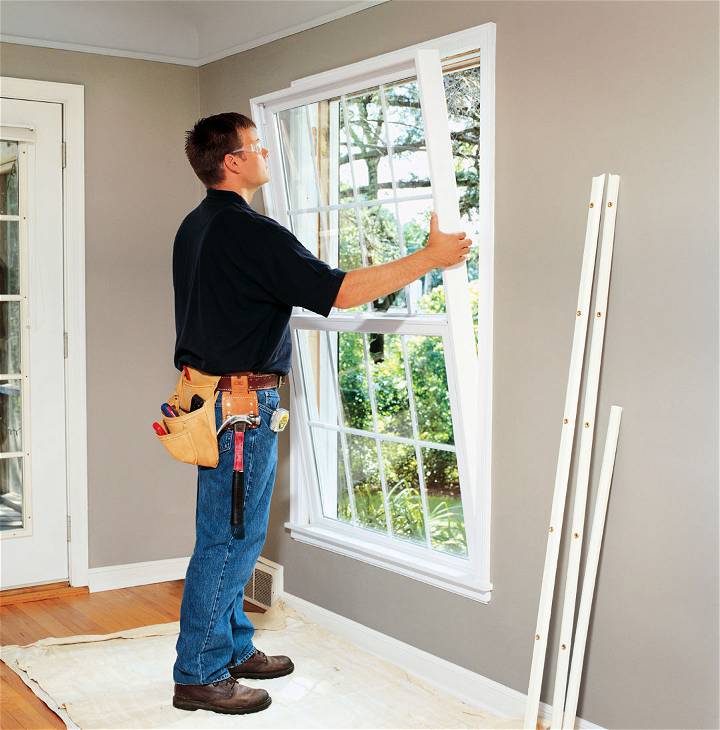
1. Install Energy-Efficient Light Bulbs
If you want to make your home more energy-efficient, lighting is an easy place to begin. Simply swap out existing incandescent, fluorescent, and halogen bulbs with more eco-friendly alternatives for improved efficiency.
In general, there are three primary types of energy-saving light bulbs you can purchase: LEDs (light-emitting diodes), CFLs (compact fluorescent lamps) and halogens.
When shopping for new light bulbs, always look for the ENERGY STAR(r) logo on their packaging. This will guarantee you're purchasing the most energy-efficient option available.
Energy-saving light bulbs tend to cost more than their incandescent counterparts at first, but you will save money in the long run. You may even find bulbs that come in multi-packs so that you get more bang for your buck.
2. Upgrade Your Appliances
Upgrading your appliances can be a great way to increase your home's energy efficiency. Newer models are usually more energy-efficient than older models, which could save you money on your electricity bill.
In addition to being energy-saving, new appliances tend to be more durable. This means you'll spend less time and money on repairs.
Owning an investment property? Updating your appliances can help you retain tenants longer and increase the value of the property, since new appliances tend to be cost-effective for renters and have a better reputation among tenants.
It's essential to select the appropriate appliance for your property. Energy-saving models may cost a bit more up front, but you will recoup this investment over time due to lower energy and water bills.
3. Install Insulation
One of the simplest and most economical ways to increase your home's energy efficiency is through insulation. Installing the right type and amount of insulation can drastically reduce energy bills, improve comfort levels and make your house more eco-friendly.
Insulation reduces heat flow into and out of your home by slowing conduction, convection and radiation. It also helps you keep a comfortable temperature throughout the year - leading to lower heating costs and improved energy efficiency.
Insulation is an integral part of fire safety in homes and helps to deter moisture from damaging stud and cavity walls, eliminating mold and mildew issues. Furthermore, it adds to your property's aesthetic appeal as well as increasing its market value.
4. Add a Smart Thermostat
Installing a smart thermostat in your home can be an inexpensive and convenient way to boost energy efficiency. These Wi-Fi connected devices learn your schedule and preferences, then automatically adjust the temperature setting according to those needs.
Thermostats can also be remote-controlled via apps or voice commands when compatible with assistant systems like Amazon Alexa and Google Assistant. Furthermore, these thermostats enable you to track your energy usage and generate reports.
Smart thermostats offer homeowners a host of benefits that make them an attractive option. Not only do they regulate temperature in your home, but they can also save energy by turning off heating and cooling when no one is home.
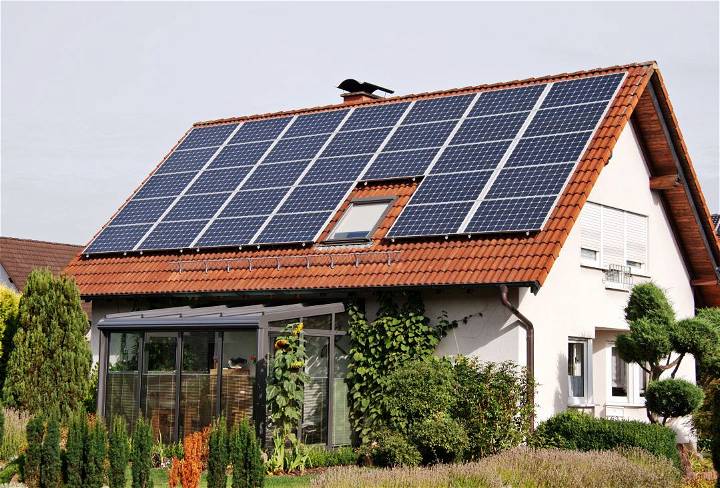
5. Install a Solar Panel
Solar panels are an easy and cost-effective way to increase your home's energy efficiency. As long as the sun is shining, your panels will generate electricity for your residence and send any excess back to the utility grid.
Some solar systems come with batteries to store excess energy for later use, helping homeowners reduce high electricity rates and keep their energy costs down.
Installing solar panels on your home can significantly boost its market value, especially if you plan to sell in the future. According to a 2021 Zillow study, 67% of home buyers considered energy efficiency an extremely or very important factor when searching for their next residence.


